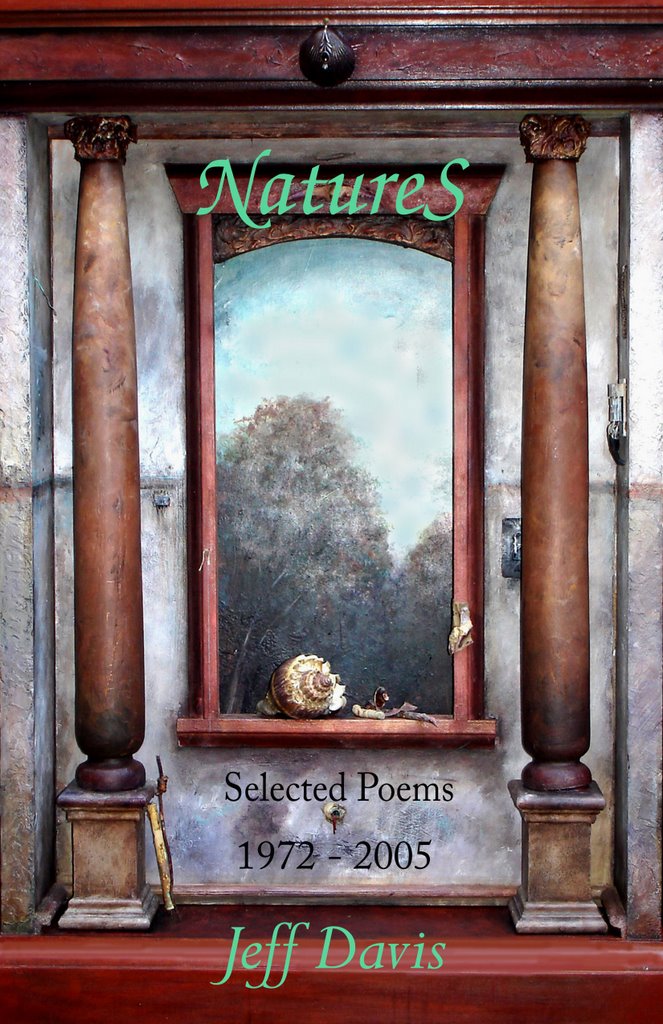In Memoriam JFK
 It's been forty-two years since November 22, 1963, and I suppose most Americans now are simply too young to remember with any clarity the assassination of President John Kennedy in Dallas on that day. It's one, though, that I'll probably remember as long as I'm still around. I was standing on the balcony of my dorm in Chapel Hill, talking with friends, enjoying the clear fall afternoon, when someone yelled from inside that he'd been shot. We rushed inside to our radios - I don't remember that anyone had a TV in the dorm- and listened as the details became more clear. Eventually, I walked to campus - my dorm was on the southern fringes of the school, probably fifteen minutes from the main quad - and joined scores of my fellow students around the television in the student union to watch Walter Cronkite's saddened, sonorous account of the motorcade, the shots, the trip to Parkland Hospital, the death of the President. I remained close to that screen for most of the next week. It was my sophomore year, and I suppose the event might have opened my eyes a little to sophos, to wisdom, with its glimpse into history's dark, sometimes brutal, vagaries.
It's been forty-two years since November 22, 1963, and I suppose most Americans now are simply too young to remember with any clarity the assassination of President John Kennedy in Dallas on that day. It's one, though, that I'll probably remember as long as I'm still around. I was standing on the balcony of my dorm in Chapel Hill, talking with friends, enjoying the clear fall afternoon, when someone yelled from inside that he'd been shot. We rushed inside to our radios - I don't remember that anyone had a TV in the dorm- and listened as the details became more clear. Eventually, I walked to campus - my dorm was on the southern fringes of the school, probably fifteen minutes from the main quad - and joined scores of my fellow students around the television in the student union to watch Walter Cronkite's saddened, sonorous account of the motorcade, the shots, the trip to Parkland Hospital, the death of the President. I remained close to that screen for most of the next week. It was my sophomore year, and I suppose the event might have opened my eyes a little to sophos, to wisdom, with its glimpse into history's dark, sometimes brutal, vagaries.For all that we now know of his limits and weaknesses, Kennedy was a man who seemed to move from a vision of the best possibilities of the conflicted American spirit, and who also had a gift for inspiring others to act from their own best natures. His assassination was evidence that he also moved some to act from their very worst. He probably understood the risks; certainly his brother Robert did, and Dr. King did, after him. As we endure the unfolding corruption-drenched debacle of the current presidency, it's worth remembering that political leaders of courage can sometimes enlarge the sense of commonwealth and engender fresh possibilities in our common dialogue.
Thanks, JFK, for that.

0 Comments:
Post a Comment
<< Home